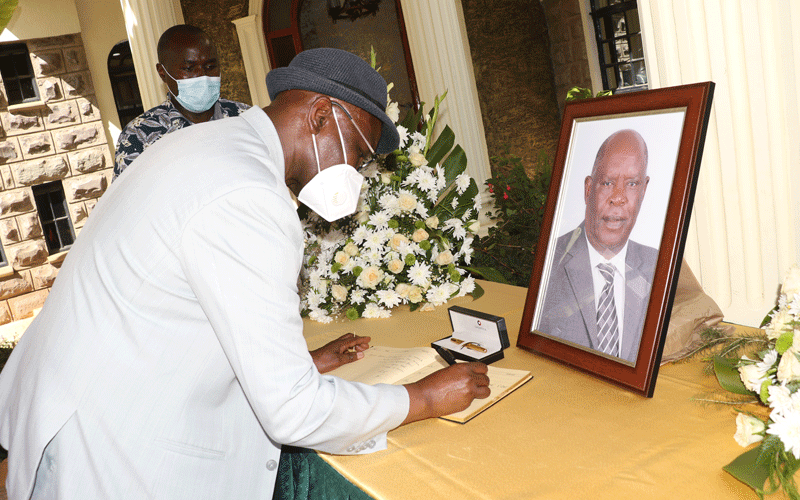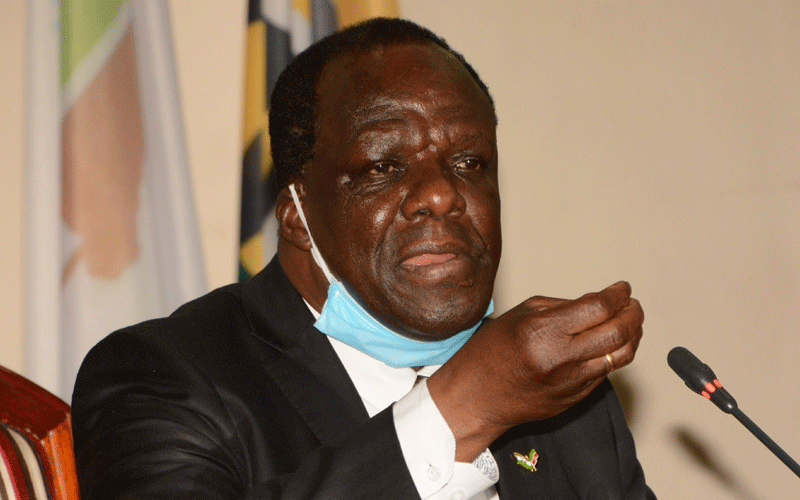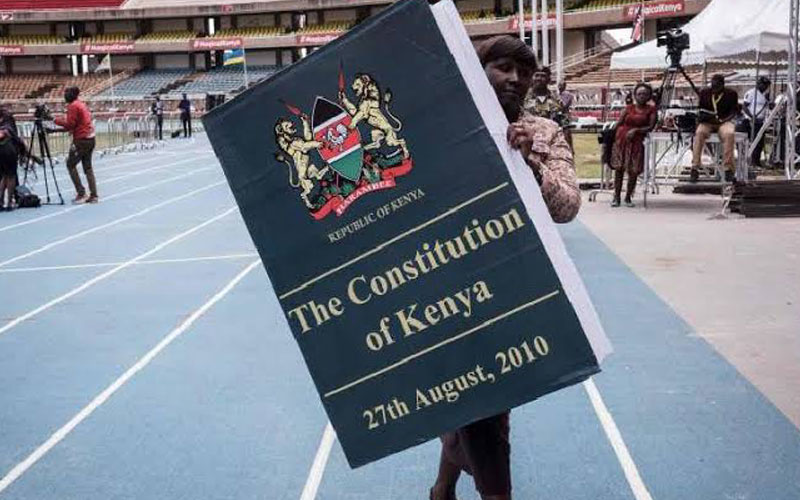Conference on pandemic reflection, lessons timely

The recent Covid-19 virtual conference brought to the fore challenges and successes of service delivery at county level.
Themed ‘County Governments’ Resilience in the Covid-19 Era: Reflecting on the Past and Building Sustainability for the Future,’ the conference brought together governors, policy practitioners and other key representatives keen on addressing health service delivery at the county level.
In line with its collaborative nature, the conference acknowledged need for public goodwill in providing accessible, affordable and quality healthcare.
It affirmed that all citizens must get value for time and taxes, regardless of their county.
To facilitate this, county governments’ leadership resolved to establish Regional Infectious Disease Centers and Research Institutes.
The logic is to have an early warning and planning system that will help in identifying responses to present and future infectious diseases.
The governments also acknowledged need for more investments in preventive care.
This is especially important in lifestyle diseases such as obesity and diabetes that are now more pronounced within the citizenry.
Indeed, increased health education in collaboration with activation of community health workers across the country can provide the impetus for better health choices.
The same can be said of mental health issues, which have become more pronounced during Covid-19.
We have come to the stark realisation that mental healthcare is at the back burner of health service delivery.
Thus, the conference resolved that both levels of governments should work with local and regional healthcare associations to improve on provision of psychosocial support to survivors, families and healthcare providers exposed to pandemics.
Our social and economic initiatives have taken a hit during this period. It is commendable that the conference explored ways in which both levels of government intend to revitalise economies.
The resolution towards a joint post Covid-19 socio-economic re-engineering and recovery strategy is a welcome move towards restoring citizens’ dignity and means of survival.
To jump-start this process varied initiatives are already being undertaken such as Kazi Mtaani, which is focusing on youth engagement and public service when young people are finding it hard to get or retain their jobs.
More healthcare workers are being absorbed into the system to not only address current healthcare pressures but also to provide employment for professionals within the system.
Innovations such as what we have seen with hospital beds, ventilators, face masks and other equipment have boosted our manufacturing sector even as we continue to harness skills and resilience of the citizenry for our future preparedness.
None of this will be achievable however, without increased accountability for health resources at national and county levels.
The conference’s resolution to enhance open government procedures is therefore a welcome move in protecting the taxpayer.
In this instance, increased open governance systems should involve publicising of tenders and contracts on websites and other public spaces with the aim of enhancing access to information and public participation amongst citizens.
To this end, the agencies tasked with the investigation and prosecution of corruption, including at the county level should work faster at recovering public money that is lost through corruption.
Often times, it takes years to wind up corruption cases thereby, denying citizens the requisite resources and infrastructure to plan for their futures.
Notably, at the core of our governance conversations is the realisation that it takes good leadership to see a population through a pandemic.
Most of the counties have managed to wade through Covid-19 muddle with proper planning and effective resource mobilisation.
Other counties have built on economic resilience through innovations and investments in their creative and manufacturing sectors.
Those that harnessed community support for their ascendancies will carry forward the lessons for their future benefit. — The writer is an Advocate of the High Court and comments on topical issues











